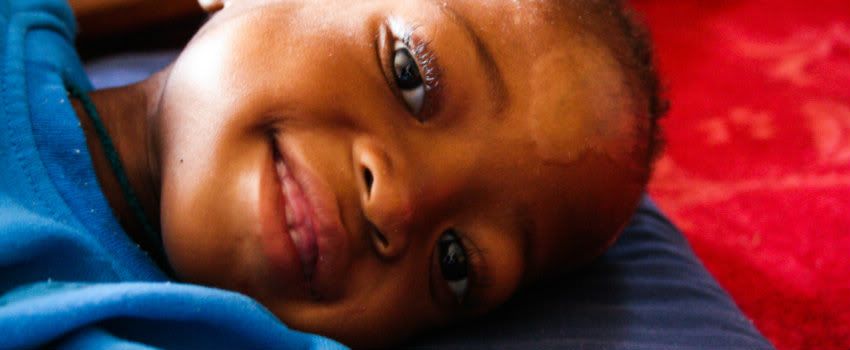 |
| Baylor Clinic at Mokhotlong Hospital |
 |
| TTL staff in the Baylor waiting room for the lecture to begin! |
So, in a very small nutshell, HIV attacks proteins in our body called CD4 and this makes the body incredibly susceptible to infection. If we are able to identify the virus at an early stage we could save our clients a lot of pain, hassle and extensive treatment. So, what are these different stages and what do we need to look out for?:
STAGE I This is a tough one to catch as there are hardly any symptoms. But if you have a constant cold
or swollen lumps on the face and groin then get the kid to a doc to get checked out!
STAGE II A tad easier to notice. It normally affects the upper respiratory system and skin. So you need to
look out for sinus issues, easy bleeding, abnormal skin rashes or pox and big old swellings
on the face and groin. We've posted some pics of common HIV Stage II-related skin
problems.WARNING- They ain't pretty!
 |
| PPE- one of the Stage II skin infections. |
STAGE III- This is where the virus starts to attack the poor lungs. We're talking Pulmonary TB, unexplained anaemia, moderate malnutrition, bacterial pneumonia and oral candidiasis. Don't know what oral candidiasis is? Look below for a lovely photo of how it affects the body..you're welcome.
 |
| Oral Candidiasis- Stage III symptoms |
STAGE IV- We don't want to see this stage of the virus as it only means bad news. Bad news for the lungs, skin, eyes, blood. Bad news all over. Full blown TB, Meningitis, blindness in the eye, sores all over the body. You name it, this stage brings it.
This is why staging is so important. Like us against the virus in a game, we we want to stop it from getting to the final stage. If we can do that we can save ourselves a whole lot of hassle and time in a hospital.
Now, we are by no means clinicians. We would never presume to know how to diagnose a kid with HIV. However, if we notice these signs in any of our clients we now know to get them to a doctor as soon as possible.
We want to thank Dr Divin and his colleagues for their engaging and interactive lecture and we look forward to the next!


1 comment:
Rashes sometimes go away quickly but when they don't, it's good to investigate and make sure something more serious is not happening.
Post a Comment